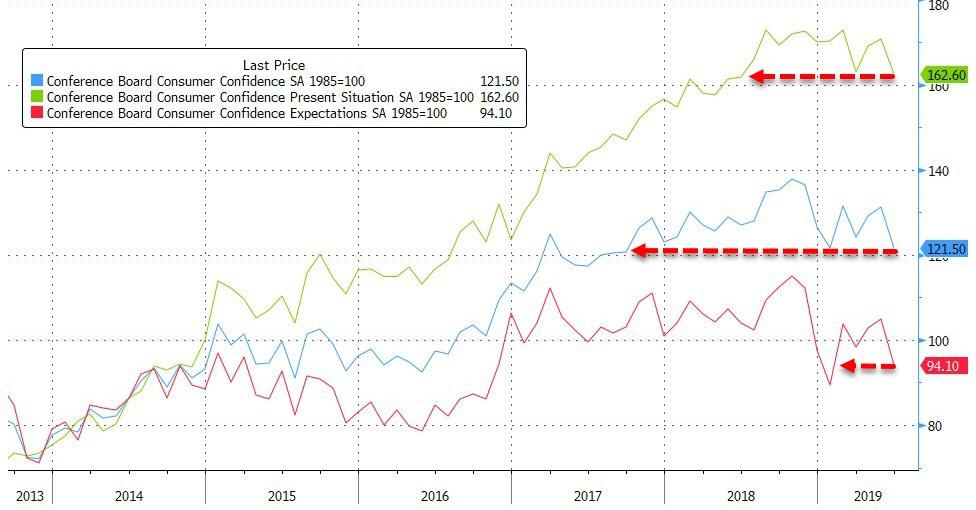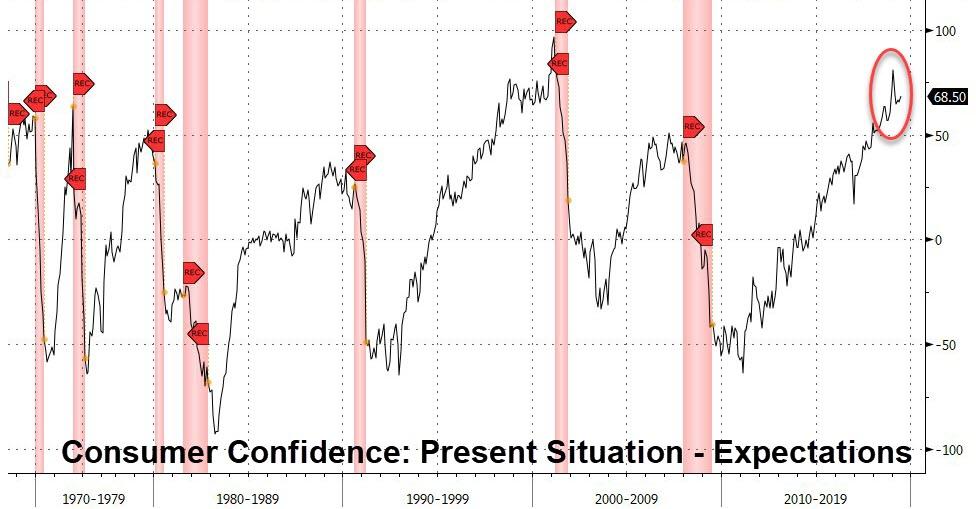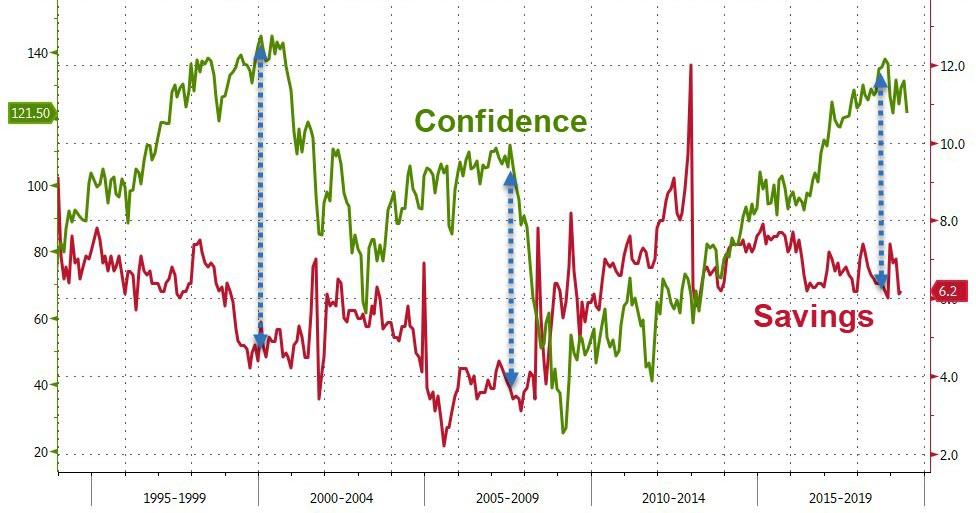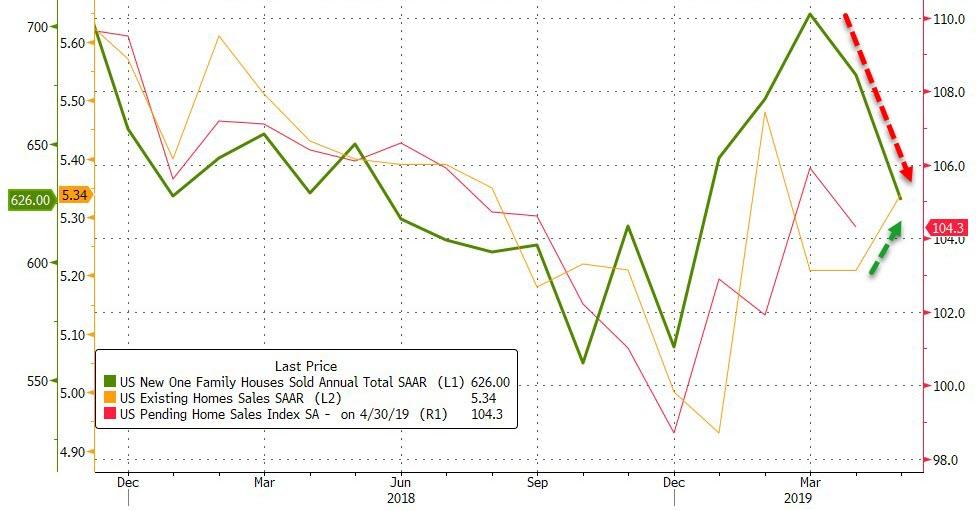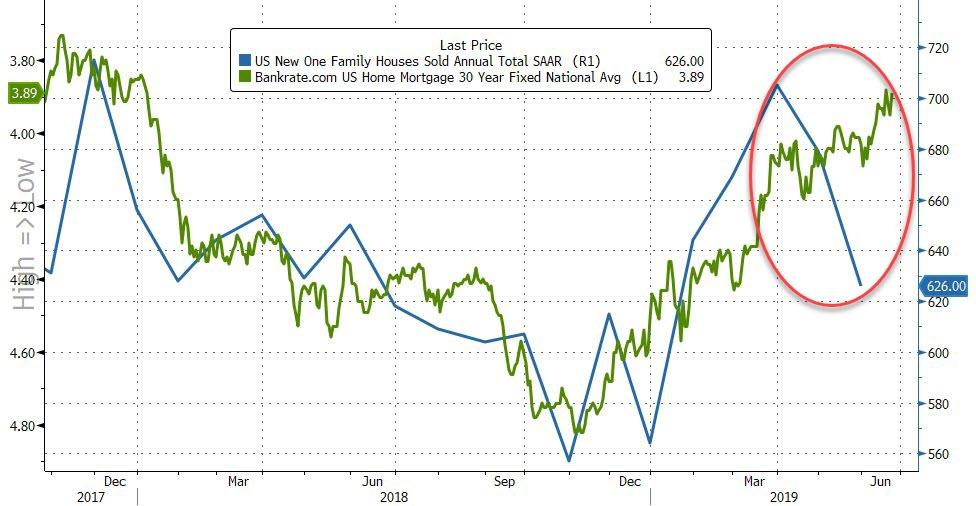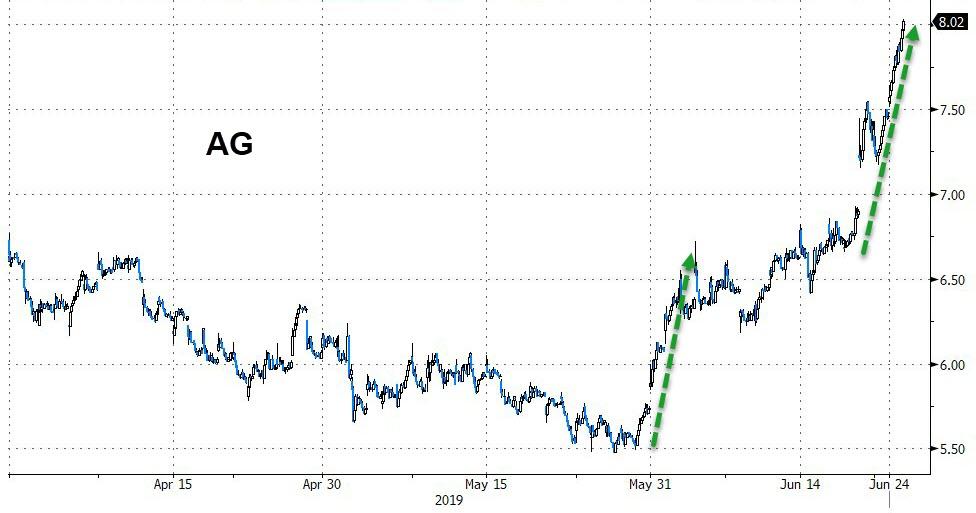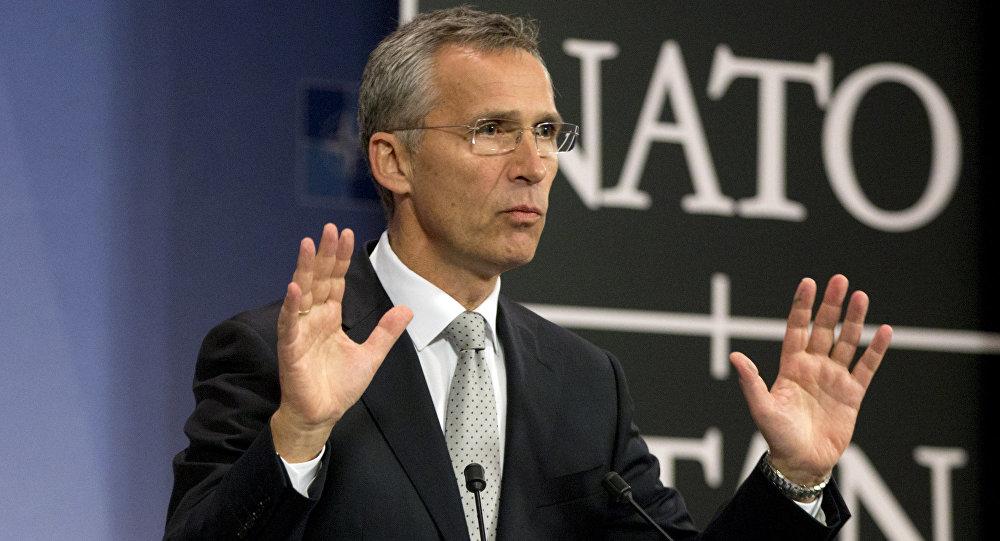The number of people applying to be cops in Montgomery County, Maryland, has dropped by half in recent years, according to a department complaint last week. Officials suggest it’s because of growing national skepticism toward policing.
“When you do a job that’s being highly criticized on a daily basis, we have to ask ourselves, how do we find good candidates that really want to be under that type of scrutiny,” said Acting Police Chief Marcus Jones.
Montgomery County won’t have an easy time importing its officers from other communities, either. Recruitment of law enforcement officers is down in areas around the country, and the drop in numbers is stark.
“The number of full-time sworn officers per 1,000 residents decreased, from 2.42 in 1997 to 2.17 in 2016,” the Bureau of Justice Statistics (BJS) reported last summer. The raw number of police officers in the U.S. also declined slightly, from 724,690 in 2013 to 701,169 in 2016.
Next door to Maryland, police departments in Virginia also saw declines in applications. So have departments in Minnesota, in Nashville, and in New York City, to name a few.
Nationally, 66 percent of police departments report seeing declining numbers of applications, according to a survey of 400 law enforcement agencies by the the Police Executive Research Forum (PERF).
The FBI suffers similar recruiting challenges, with special agent applicants plummeting from 68,500 in 2009 to 11,500 last year. This year, the Bureau doubled its recruitment advertising budget in an effort to attract more warm bodies.
These drops aren’t necessarily a bad thing. The cop hiring crisis offers an opportunity for rethinking how we keep the peace in this country.
That opportunity could be squandered, however, if authorities don’t address the problems of brutality and bias in police forces while resisting intrusive tactics that could make policing even nastier.
“The American policing profession may be facing the most fundamental questioning of its legitimacy in decades,” said Chuck Wexler, executive director of the Police Executive Research Forum, in a 2017 organizational newsletter. “The very essence of policing is being debated in many cities, often because of controversial video recordings of police officers’ actions. Community trust has eroded, and the professionalism of the police is being questioned.”
A healthy job market gets some of the credit for the police recruitment crunch but, as Jones and Wexler describe, law enforcement has lost its gloss in the eyes of many Americans. Public opinion of law enforcement slid to a 22-year low in 2015, according to a Gallup poll.
Numbers have somewhat rebounded since, but that only emphasizes a racial gap in perceptions of police. African-Americans, in particular, tend to view cops as the government’s enforcers rather than as protectors, amidst widely publicized racist incidents and concerns that their communities are disproportionately (and corruptly) targeted. In addition, a militarized police culture that arms officers with weapons of war and trains officers to treat the public as enemies worries those who feel targeted not over race, but just for not being cops.
The FBI has its own issues with declining support—especially among Republicans—after once again getting drawn into political shenanigans. Given the Bureau’s history of misconduct, it’s arguably to Americans’ discredit that it took so long for us to become disenchanted.
Heavy-handed modern policing hasn’t just alienated the public; it’s decimated the pool of potential recruits.
“Some potential hires are ineligible to be considered because of prior arrests and convictions on minor criminal charges, such as possessing an open container of alcohol in public,” PERF’s Wexler points out. “This situation is especially prevalent in agencies that have practiced strict ‘zero tolerance’ policing in the past.”
That last point may offer a key to improving relations between the public and what used to be known as “peace officers,” by pursuing a less confrontational approach to policing.
“This militarized transformation of American law enforcement—and all that comes with it…should not be a part of the American landscape,” former Los Angeles Police Department Deputy Chief of Police Stephen Downing wrote for Reason five years ago. He went on to propose a program including ending drug prohibition, doing away with federal provision of military equipment and training to police departments, dumping civil asset forfeiture and its incentives to official banditry, reining-in search procedures, and establishing effective civilian oversight.
“With these kinds of reforms in place we could begin to heal our communities; diminish the mass incarceration of people of color; allow more parents to be with their children and fewer children to be sent to foster homes; recognize that addiction is a health rather than a criminal-justice problem, and supplant prison with treatment; abate the arms race between the police, gangs, and cartels; end police profiling; and restore the requirement of reasonable suspicion as an irrevocable feature of constitutional policing,” he added.
Downing’s proposals parallel, in many ways, the 2015 recommendations of the President’s Task Force on 21st Century Policing. While stopping short of a retreat on drug prohibition, the task force’s report noted, “law enforcement cannot build community trust if it is seen as an occupying force coming in from outside to impose control on the community.” The report called for less-brutal tactics, consent-based searches, demilitarized police forces, and civilian oversight, among other changes.
The proposals were largely ignored at the time and pushed aside by the Trump administration’s renewed emphasis on law-and-order policing even as crime rates continue their three-decade decline. But reformist ideas about restrained, less-intrusive policing aren’t just philosophically attractive to those of us who care about liberty—they may help thinning police ranks reconcile with a hostile population.
Unfortunately, improvement isn’t inevitable. Bad ideas abound, too.
“Contemporary researchers and police believe that they can…predict a crime before it happens—using computer algorithms,” Reason‘s Ron Bailey warned in 2016.
Police in some communities already adjust how they interact with people they meet based on risk scores assigned by computer algorithms. Cops like predictive policing because it lets them target anticipated trouble spots. But such tactics can become self-fulfilling.
“This creates a vicious cycle where police are sent to certain locations because the program predicts these locations to have the most crime, and the police begin to believe these same locations have the most crime because these were the locations to which they were sent,” cautions the Electronic Frontier Foundation.
Dozens of cities have already deployed predictive policing software, Vice reported earlier this year. That means there’s a good chance police will soon have a risk assessment appended to your name that will affect how much violence they bring to traffic stops and appearances at your door.
So, which will it be? Will law enforcement agencies rein-in their excesses and start interacting with the people around them as humans to be protected rather than as enemies to be dominated? Or will they instead assess us as committers of crimes that have yet to occur?
With their ranks diminishing and morale in the pits, policing will certainly change—for better or worse.
from Latest – Reason.com http://bit.ly/2X7gzAz
via IFTTT
